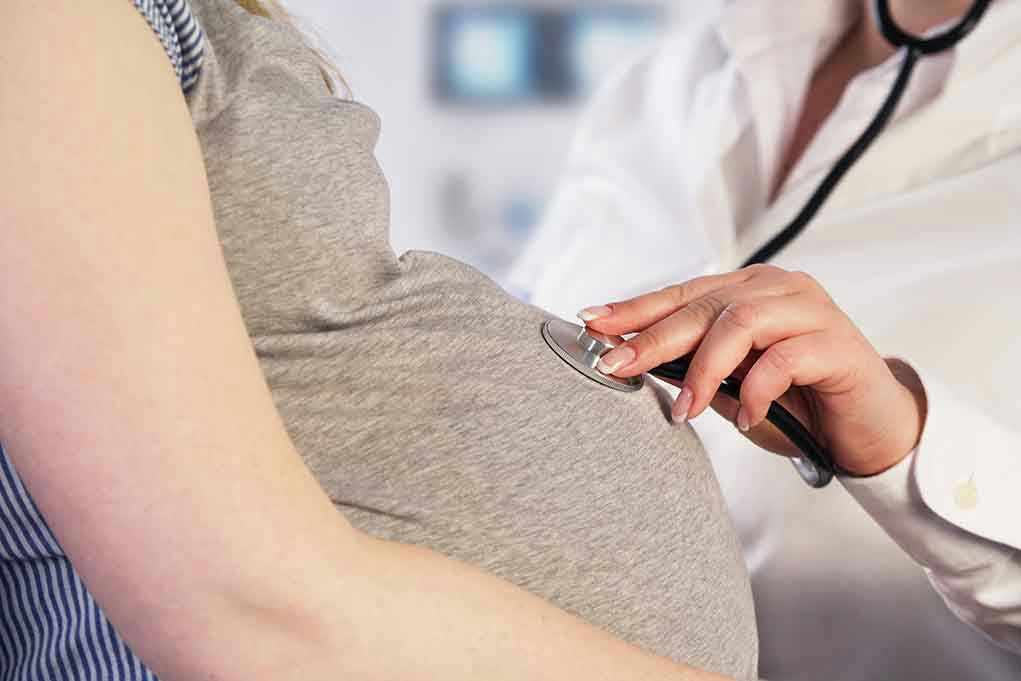
If a simple vitamin could shape your child’s future intelligence, would you pop that pill—especially if it cost less than a drive-thru latte?
At a Glance
- Higher vitamin D in pregnancy is linked to smarter kids—especially in memory, attention, and problem-solving.
- Black families see the strongest benefits, but also face the highest risk of deficiency.
- Early pregnancy is the critical window for boosting vitamin D’s brain-boosting effects.
- Experts say addressing deficiency could shrink health disparities and save on long-term healthcare costs.
Vitamin D: The Undercover Brain Architect
Vitamin D, long typecast as the bone builder, has a secret double life in the halls of brain development. While the world obsessed over calcium, a growing cast of researchers suspected that this humble nutrient had higher ambitions—namely, wiring up the next generation’s neurons. The plot twist? The earlier in pregnancy the spotlight shines on vitamin D, the bigger the cognitive pay-off for the child. This isn’t just academic speculation; it’s a scientific whodunit stretching from animal labs to suburban pediatrician offices, with new evidence emerging from America’s largest child health studies.
A crucial role in brain development.https://t.co/frEayosASf
— ScienceAlert (@ScienceAlert) July 26, 2025
Before you toss your prenatal vitamins in the nearest junk drawer, consider this: global vitamin D deficiency is rampant, and pregnant women—especially those with darker skin—are the most likely to miss out. The reason? Melanin, nature’s sunscreen, is fantastic for blocking sunburns but lousy for synthesizing vitamin D. This disparity has quietly amplified public health concerns, especially as researchers connect more dots between vitamin D shortfalls and gaps in children’s cognitive skills.
The Studies That Changed Everything
For years, the link between prenatal vitamin D and child brainpower was the nutritional equivalent of an urban legend—whispered about, rarely proven. Then came the big guns: Melissa Melough and her team at the Environmental influences on Child Health Outcomes (ECHO) program. By tracking thousands of mother-child duos, these scientists discovered that higher vitamin D levels in expectant mothers correlated with better memory, attention, and problem-solving in their kids by ages 7 to 12. The most jaw-dropping detail? Black families—who statistically face the highest rates of deficiency—saw the strongest improvements when vitamin D levels were optimized.
This wasn’t a one-off fluke. Earlier work, including a 2020 study in The Journal of Nutrition, showed parallel findings: vitamin D-deficient pregnancies often ended with kids struggling on IQ tests, especially in communities where sun exposure and dietary intake lag. These results cemented the idea that vitamin D is not merely a supporting actor in fetal development—it might be a headliner.
Why Timing (and Skin Color) Matters
The science now points to one inescapable conclusion: the first trimester of pregnancy is a golden window for vitamin D intervention. This is when the fetal brain is laying down its most critical wiring, and deficiencies during this period seem to do the most damage. While every pregnant woman could benefit from optimized vitamin D, the stakes are highest for Black women, according to the ECHO studies. Their children’s brains are the most responsive—perhaps even the most vulnerable—when vitamin D is in short supply.
This disparity is more than a medical footnote; it’s a call to arms for public health. Experts argue that universal or at least targeted vitamin D supplementation could be the cheapest, most effective way to close the persistent achievement gap in early childhood learning. Fewer kids struggling in school means less strain on special education, less heartbreak for families, and—let’s be brutally practical—less money spent on interventions that could have been avoided with an over-the-counter pill.
What the Experts (and Skeptics) Say Next
Melissa Melough and her colleagues aren’t shy: they want doctors to screen for vitamin D in every pregnancy, especially for high-risk women. Nutritionists and endocrinologists have jumped on the bandwagon, though they’re quick to remind us that the magic number for supplementation is still up for debate. Critics, ever the party poopers, point out that while the association is strong, we don’t yet have ironclad proof from randomized controlled trials. But here’s what everyone agrees on: the cost of inaction is higher than a bottle of prenatal vitamins, and the potential brainpower boost is too big to ignore.
For now, the scientific consensus is clear—if you want to give your future grandkids an edge, make sure vitamin D isn’t missing from the pregnancy playbook. The next chapter in this story? Watch for new trials, updated guidelines, and—if the evidence keeps piling up—a not-so-modest revolution in prenatal care.
Sources:
The American Journal of Clinical Nutrition




